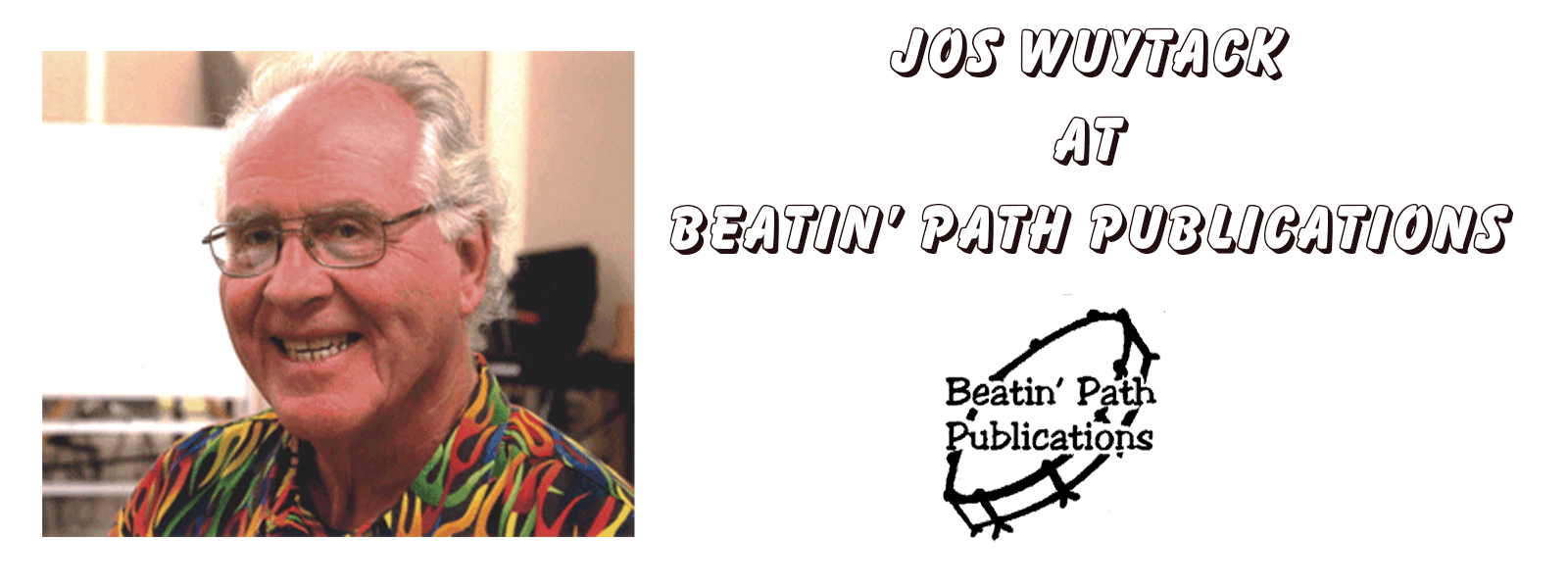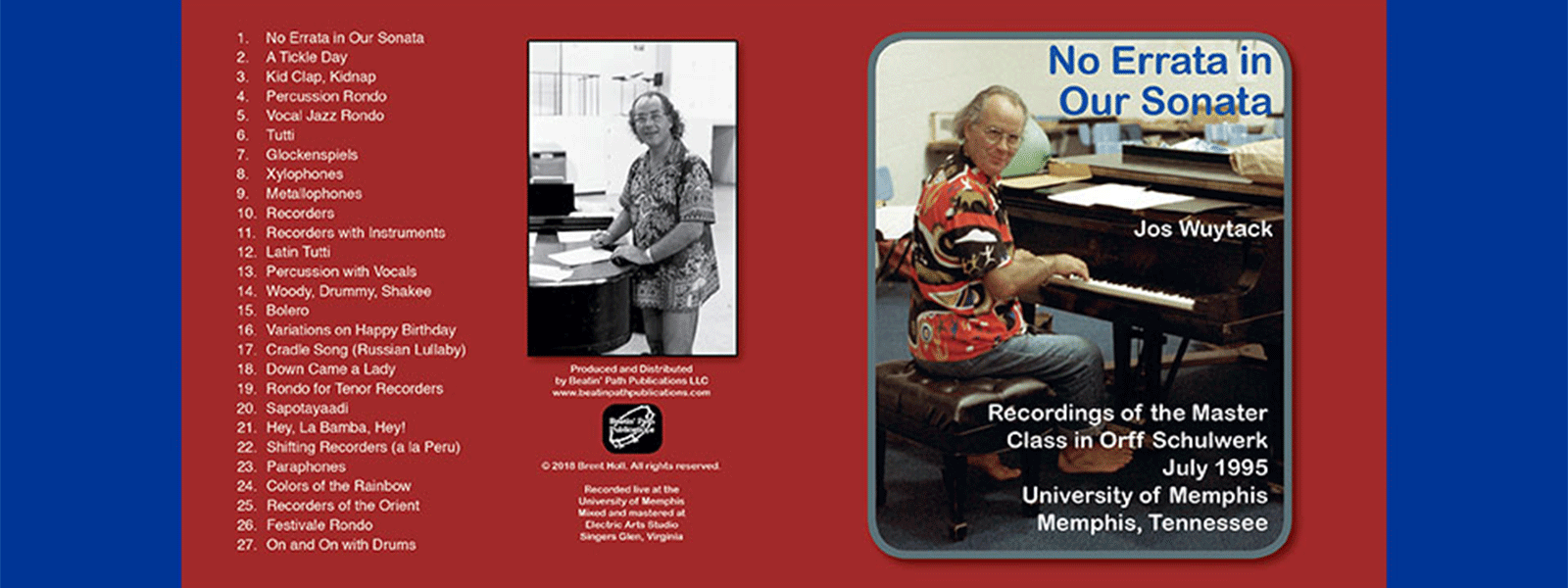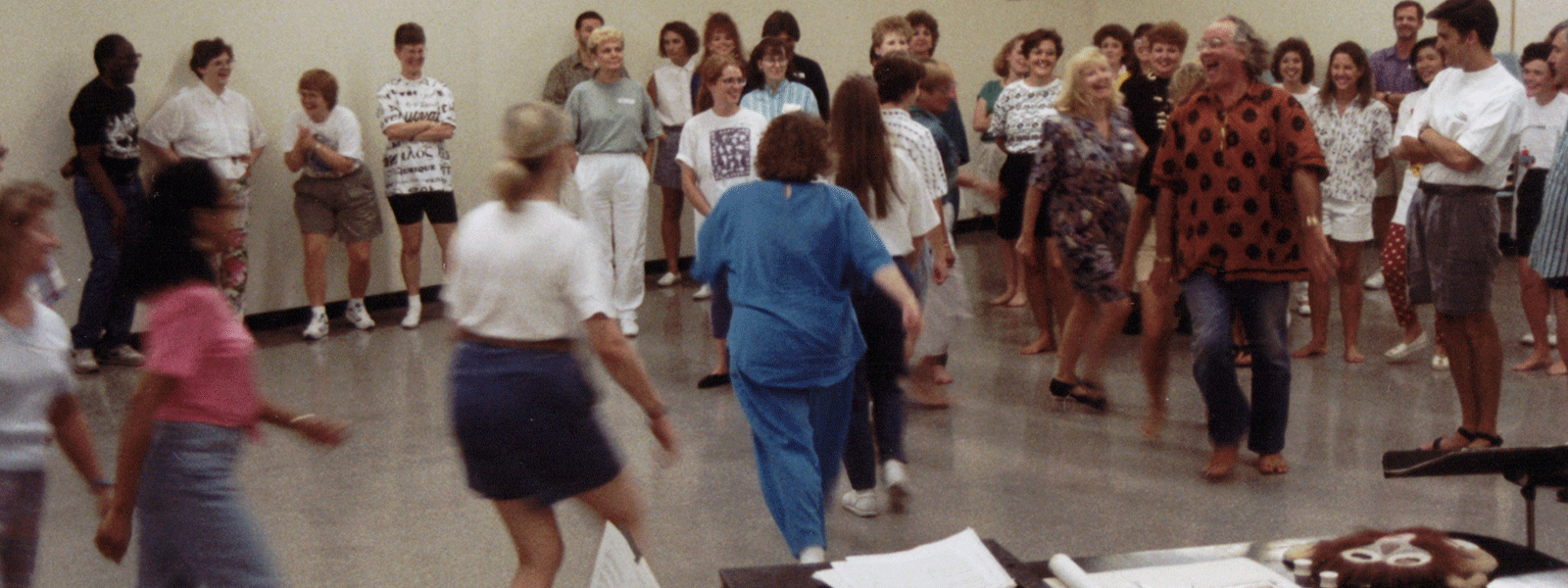Musica Activa
Melodic Expression - An Approach to Music Education
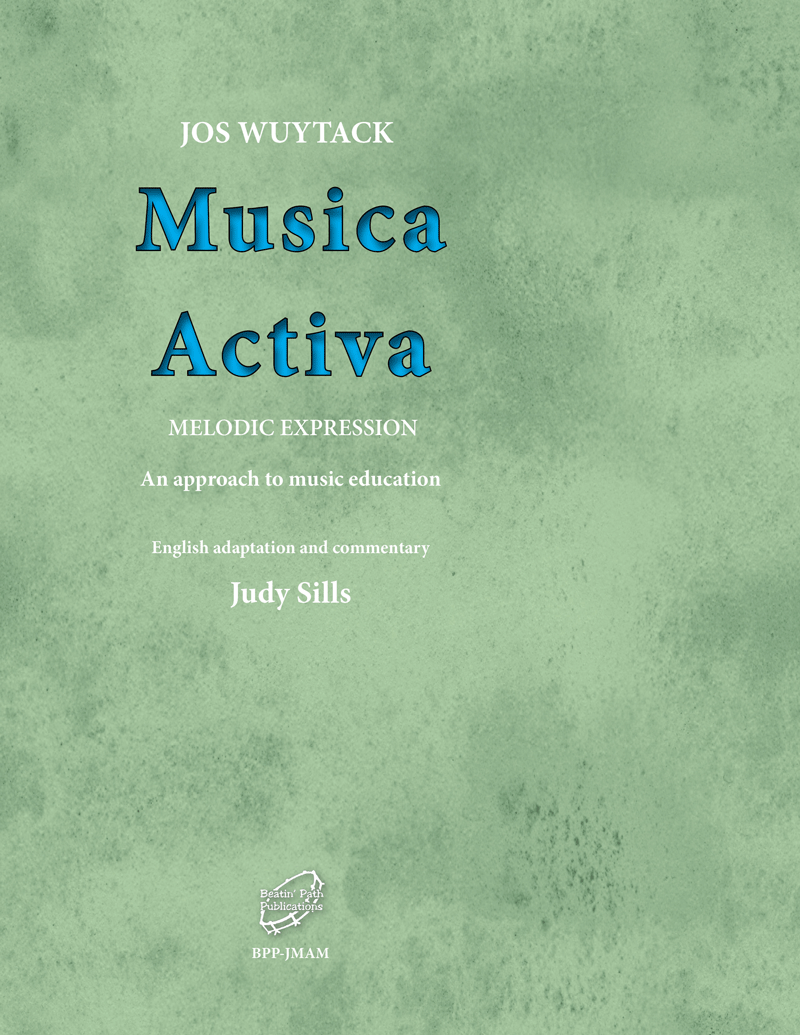
Click on the cover for a preview!
(Book/Supplemental Materials)
$34.95 Plus Shipping
(E-Book/Supplemental Materials) $34.95
An original source for practitioners of Orff Schulwerk, this book provides an in-depth analysis of melody, one of the five elements of music. Each chapter outlines a specific component of melody explaining in detail how this component empowers the teaching of melody to children. The melodic examples come from world folklore or from simple compositions with accompaniments also presented in elemental style.
Originally written in 1974, this English adaptation shows a creative and active way to teach the fundamentals of melody. Children learn through play, a teaching process explained in detailed examples. Use these examples as models, changing and adapting them to the needs of your students. Use these models as a guide, to create further examples using input from the students and your own creative resources.
No Errata in Our Sonata
Recordings of the 1995 Master Class
at the University of Memphis
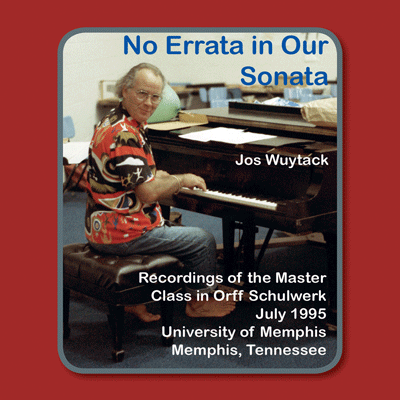
Listen to a preview!
(Audio CD) $10.00 Plus Shipping
(Music Downloads) $8.00
In July 1995, 25 music educators gathered at the University of Memphis in Memphis, Tennessee to make music and learn to become better teachers working with master teacher Professor Jos Wuytack. The classes were filled with song and dance, opportunities for creativity, and encouragement for composition and strategies for better teaching.
These pieces were recorded live in the class and represent examples of pedagogy and didactics. Each piece was presented to illuminate a concept or aspect of the Orff teaching process for melody, harmony, rhythm, form, and timbre.
Many of the pieces specifically highlight the families of Orff instruments. There are individual pieces for recorders, metallophones, xylophones, and glockenspiels as well as pieces that combine the instruments in various pleasing combinations. There are pieces that highlight the many types of percussion instruments as well.
About Jos Wuytack
Jos Wuytack Jos Wuytack was born in Ghent, Belgium, on March 23, 1935. He earned his degrees of composition, piano, organ, and pedagogy at the Lemmens Institute, University of Louvain, where he became Professor of Music Pedagogy. He has also taught at the Music Institute of Namur, Belgium; the Music Conservatoire of Tilburg, Holland; and the Music Institute of Active Methods of Lyon, France, and was guest Professor at the University of Southern California, Los Angeles, United States.
Throughout his international career as music educator, Jos Wuytack has developed an active and creative approach to music education based upon the principles of Carl Orff, who recognised Wuytack as a leading figure in this approach. He has often been invited to present at European and American universities and has taught over 1,000 courses and workshops for music teachers in 53 different countries in Europe, Africa, America, Asia, and Australia. His widespread activity in the training of music teachers has significantly contributed to the development of music education at an international level. In 1995 he received the Pro Merito Award from the Carl Orff Foundation in Münich, Germany, for his outstanding work in music pedagogy.
One of his most original contributions to modern music education, his pedagogical approach, Active Music Listening and Appreciation, has been published in Flemish (1972), French (1974), Portuguese (1995, 2016), and Spanish (1996), and has been widely used in Western Europe and North America. He has composed a wide range of vocal and instrumental works for piano, choir, recorder, Orff instruments, percussion, and orchestra, some of which have been recorded by Harmonia Mundi. He has published articles and books on music education in nine countries, and his songs with motions for children appeared in six different languages (Flemish, French, English, Portuguese, Spanish, and Chinese). “It is not only a gift to be simple, it is a training.”
